As you embark on your journey to achieve excellence in the General Training module, one aspect of English grammar that deserves your attention is the subjunctive mood. In this post, we’ll unravel the mysteries of the subjunctive mood, its structures, and its relevance to the IELTS General Training Writing Task 1. Let’s dive in!
Understanding the Subjunctive Mood
The subjunctive mood is a grammatical tool used to express desires, suggestions, or hypothetical situations. It adds depth and nuance to our language, allowing us to convey thoughts and ideas beyond mere facts. In simple terms, it helps us talk about things that may not be true or certain.
Structures of the Subjunctive Mood
In English, the subjunctive mood often involves specific verb structures:
- Present Subjunctive: We use the base form of the verb (without adding “s” or “es”) to express wishes, suggestions, or demands.
- Example: “It is essential that she be present.”
- Past Subjunctive: We typically use “were” with the base form of the verb to discuss unreal or hypothetical situations in the past, regardless of the subject.
- Example: “I wish I were there with you.”
Application to IELTS General Training Writing Task 1
In Task 1 of the IELTS General Training Writing module, you might encounter scenarios where the subjunctive mood can be applied effectively:
- Formal Letters: In tasks requiring you to write formal letters, you may need to express requests, suggestions, or recommendations. This is where the subjunctive mood comes in handy. For instance:
- “I suggest that the management consider implementing recycling programs.“
- “It is imperative that all employees be provided with proper safety training.”
- Expressions of Desires: Sometimes, you might need to convey desires or wishes in your letter. The subjunctive mood helps you articulate these effectively:
- “We request that alternative arrangements be made for our accommodation.”
- Proposals and Recommendations: When offering proposals or recommendations, using the subjunctive mood can convey a sense of importance or urgency:
- “I propose that measures be taken to reduce traffic congestion in the city center.“
- “It is recommended that stricter regulations be enforced to protect the environment.”
Why Does it Matter?
In the IELTS General Training Writing Task 1, demonstrating a strong command of grammar, including the subjunctive mood, can elevate the quality of your writing and impress the examiners. It showcases your ability to express ideas clearly and concisely, which is essential for achieving a higher band score.
Mastering the subjunctive mood is a valuable skill for success in the IELTS General Training Writing Task 1. By understanding its structures and applying it effectively in your writing, you can enhance your communication skills and increase your chances of achieving your desired band score.
Check out which Practice9’s services fit you and your needs the most here.
Feel free to contact us for better guidance on your IELTS journey.
Don’t waste your time on IELTS! You can get it this time.
Have fun learning!








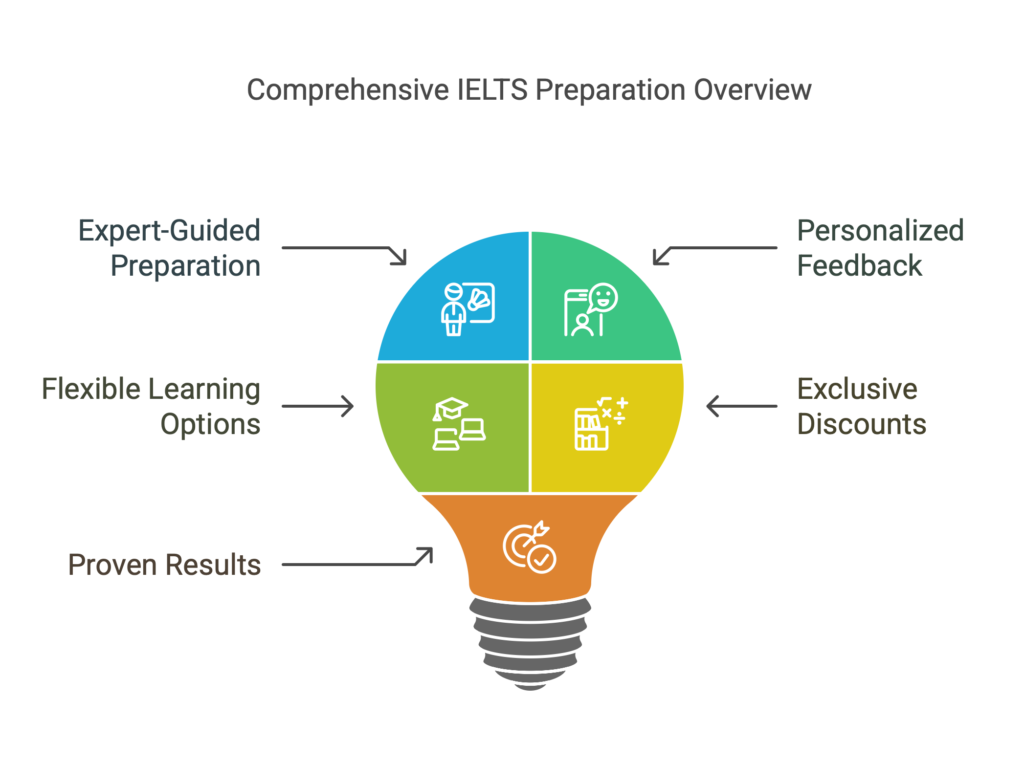
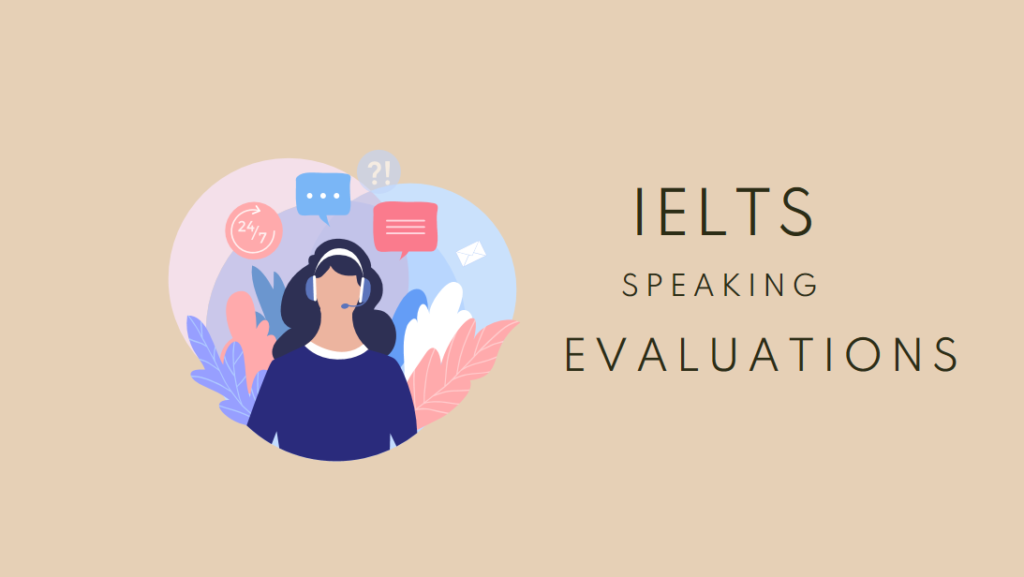
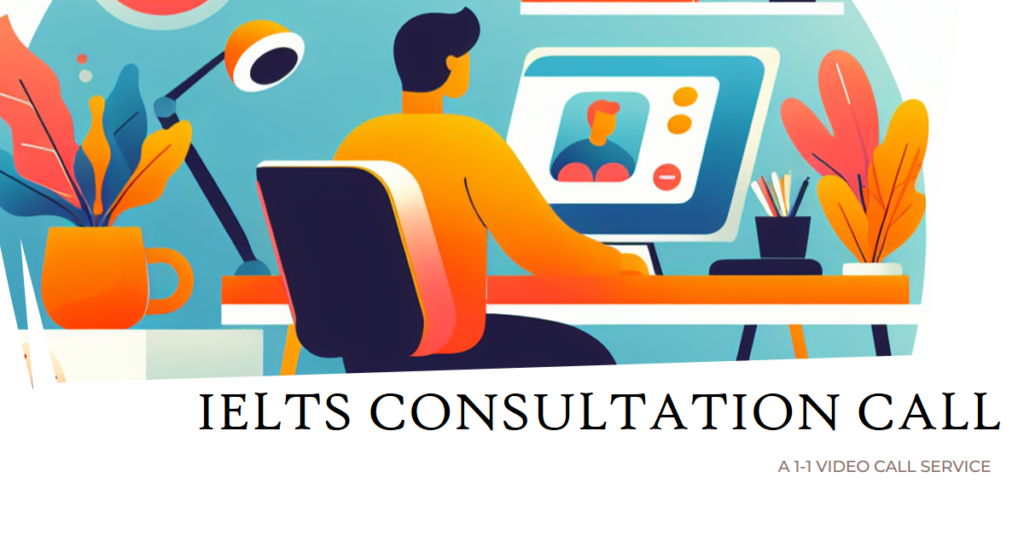
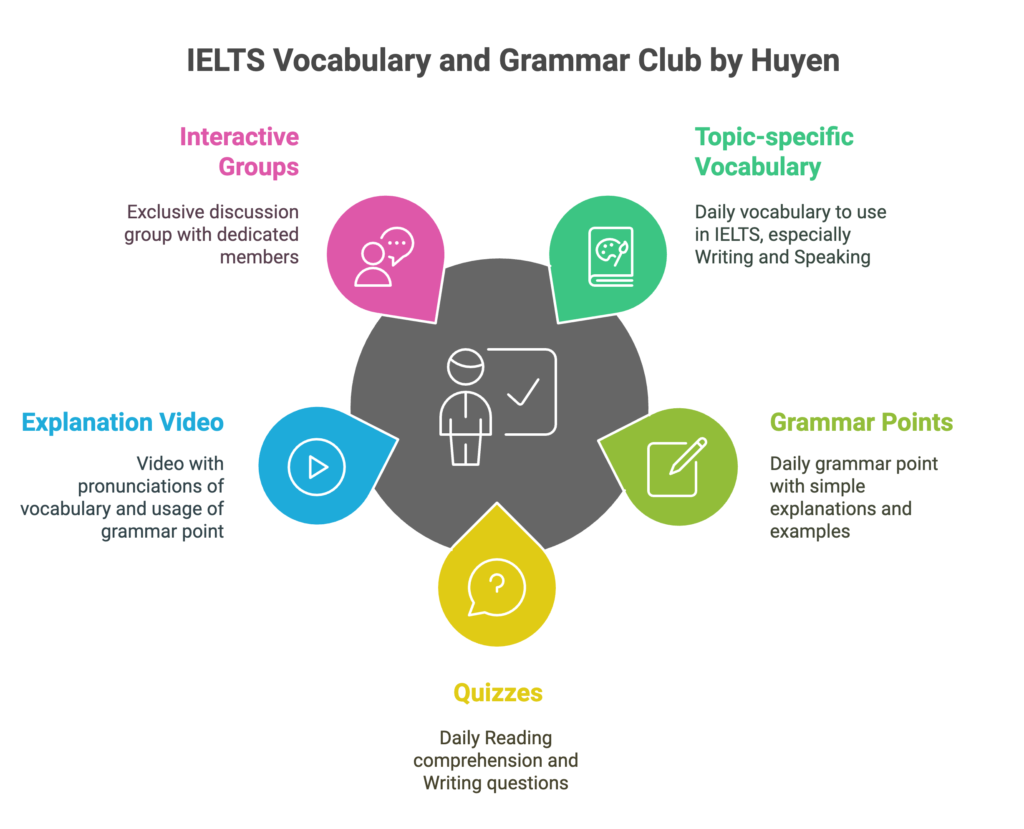


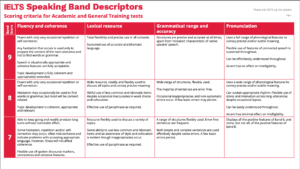
Responses